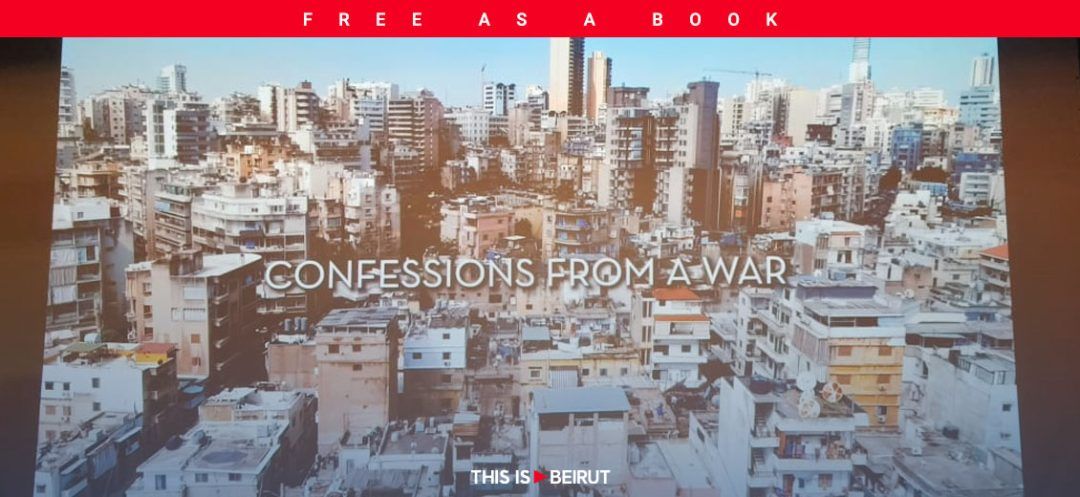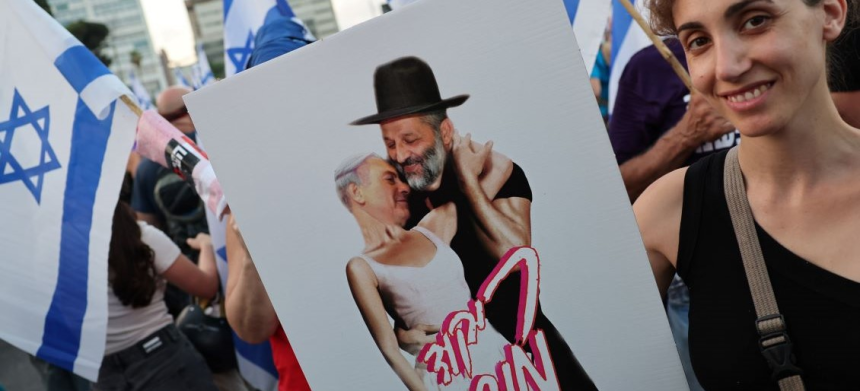
For the 49th and somber anniversary of the onset of the Lebanese War on April 13, 1975, a documentary produced by Denise Jabbour and Jérôme Gary, Confessions from a War, premiered on April 13, 2024, at the Royal Cinema in Bourj Hammoud. Former combatants from various political parties confessed their remorse for participating in the destruction of their country and the murder of their fellow citizens to save a vision of Lebanon that, in reality, was fragmented.
A Fundamental Approach
The global premiere of Confessions from a War was initially scheduled for October 13 in Beirut, in collaboration with the Lebanon Cinema Foundation. However, the war in Gaza necessitated the postponement of the event, but today’s recurring horrors made the release of this documentary even more relevant. Executive producer David McKillop, who has led The History Channel, A&E and NatGeo, considers this film Lebanon’s message to humanity, and a poignant warning about the absurdity and futility of civil wars. After the massive destruction of the country, the wounds inflicted remain gaping, passed down through intergenerational trauma.
Director Sean Thompson announced that the documentary required over 200 hours of filmed interviews with the combatants, of which only forty minutes were retained. Denise Jabbour points out that all political aspects were excluded, because the documentary aims to unite rather than exacerbate discourse and feed divisions. The film includes archival footage and interventions from individuals from various political factions who fought on the ground, or whose relatives participated in or were victims of this war. Although their names are not revealed in the film, their confessional and regional affiliations can be identified through their narratives and dialects. “Political parties are not mentioned because the focus is on the humanism of these former enemies, now united by guilt, rejection of the zaïms, and refusal of all forms of violence,” highlights producer Denise Jabbour. Indeed, these characters, once victims and tormentors, have founded the Fighters for Peace association and work together to ensure their mistakes are not repeated, as revealed in the debate following the documentary screening. The film is not only about the Lebanese War, but also about any war, wherever it may occur, producers Jérôme Gary and Denise Jabbour state, adding: “We all have lessons to learn from the Lebanese.”
The Confessions of Yesterday’s Enemies
The first confession comes from a fighter who admits his past hatred and bitterness, in view of the luxurious and indecent beauty of the Holiday Inn and Saint-Georges, while he was scorned by the bourgeoisie. (It is understood that he associates the bourgeoisie with Christians). He recounts his empathy for a penniless Syrian living under the Salim Salam bridge, continually persecuted by others. For him, the prevailing climate of discrimination and social inequalities could only lead to civil war. Tearfully, he reveals his responsibility for destroying his own country, believing he was serving a great cause. The second confession is from a man, awakened at night by an armed stranger. He relates the massacre of his brother that night, and his mother's surrender to grief, then his engagement with fighters of his confession to avenge “the intruders” (the Palestinians) and protect his family and property. One day, he captures one of his brother’s assailants. The guilty party begs him to spare his life, “to spare his mother and children the terrible shock.” The fighter grants him freedom and even helps him escape. As soon as he is free, he begins shooting again. The fighter remains silent but acknowledges that violence only begets violence. Among the dozen men who recount the violence they suffered and perpetrated, a single woman with short white hair reveals her former status as a fierce fighter and how she came to that point. They lived near Saida and were extremely threatened. Every day, a relative or neighbor was killed or abducted until the day they were terribly surrounded. She took up a loaded Kalashnikov, supported by her mother’s encouragement to fight, defend her life, and stand up to the criminals. Today she has a very harsh and critical view towards the same party, and all others.
The former combatants observe that “no one has truly spoken about the deep scars of the Lebanese War after 1990, and no real reconciliation has taken place.” Therefore, the purpose of these confessions is to acknowledge the responsibility of each combatant, despite the inevitability of war and the indispensable role of warlords. These Lebanese, from all walks of life, have offered their apologies to the entire Lebanese people, aiming for true reconciliation. Although these confessions and apologies do not restore the lives of the hundreds of thousands of victims, nor the seventeen thousand missing, they foster constructive and authentic dialogue, more so because of the dissensions, and serve as an example for future generations. It is noteworthy that the film is expected to tour European and American festivals before being broadcast in schools.
Read more




Comments